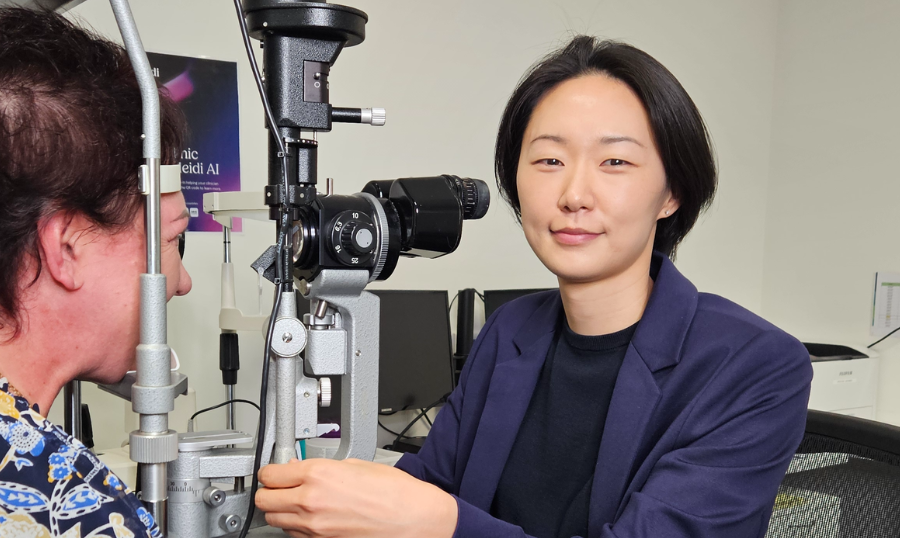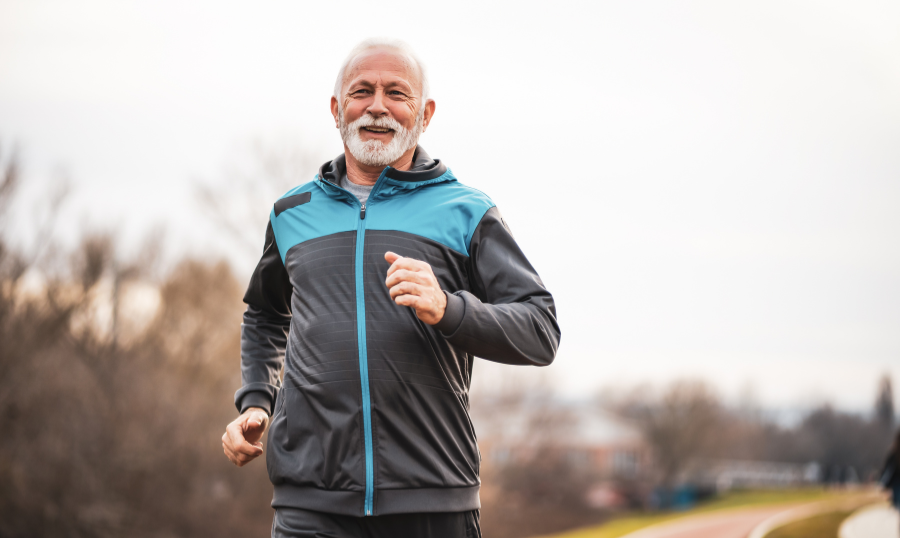Auckland Eye Welcomes Cornea and Anterior Segment Specialist Dr Bia Kim
Auckland Eye is pleased to welcome Dr Bia Kim, a highly trained Cornea and Anterior Segment Specialist, to our team.

When you take the time to apply sunscreen to your skin before going outdoors, you may be overlooking your eyes. Since UV rays can cause long-term damage to your eyes, including cataracts, cancer and other conditions, it is important to be aware that UV rays are just as harmful for your eyes as they are for your skin.
The best way to protect your eyes from ultraviolet radiation (UVR) exposure is to wear sunglasses with 100% protection against UVA and UVB rays. Also, make sure you find a wrap-around style of sunglasses that gives you maximum coverage so that the sun’s rays can’t enter from the side.
Remember — wearing sunglasses for protection should not be reserved for only sunny days! Since UV rays can pass through clouds and damage your eyes, be sure to wear your sunglasses even on overcast days.

Keeping our eyes moist, smooth and clear, is a thin layer of tears, called the tear film, which coats the surface of our eyes. When swimming without goggles, chlorine and other chemicals, which are used to keep the pool clean, can wash away the moisture layer of tear film leaving the eyes uncomfortable and red, which can also lead to dry eye syndrome. It is important to be aware that if you swim without goggles, bacteria that survive the chlorine in the pool water can cause an eye infection, such as pink eye (conjunctivitis).
For these reasons, goggles are necessary every time when you swim — because wearing goggles helps to protect against chemicals and bacteria that may put your eyes at risk. However, since no lake, river, pond or sea water, is completely sterile, this rule doesn’t just apply to pools! Swimming without goggles in the sea or other natural bodies of water can also pose risks to your eye health and increase your chances of infection.

Since most sunglass designs have gaps along the sides where UVR exposure can occur, your eyes and eyelids are not completely protected from UVR when only wearing sunglasses. Therefore, in addition to wearing sunglasses, to further reduce your risk and significantly decrease your UVR exposure, wear a hat with a brim at least three inches wide.
Since people are more active outside playing sports during the summer months, it is important to properly gear-up with suitable eye protection. Depending on the sport, protective eyewear includes safety glasses and goggles, safety shields, and eye guards. Ordinary prescription glasses, contact lenses, and sunglasses do not protect against eye injuries.

If you need to put sunscreen on your kids before they go outside, don’t forget to protect their eyes as well! According to The World Health Organisation, since children are far more likely to spend time playing outside in warmer months, 80 percent of a person’s lifetime UVR exposure occurs prior to the age of 18.
For this reason, many people realize in adulthood that they should have thought of protecting their eyes when they were young. However, it is never too early to start with your children. Thankfully the solution to protect children’s eyes from the sun is much the same as it is for adults; when purchasing sunglasses for your kids, look for sunglasses that block out 100% of UV light. If your kids have trouble keeping their sunglasses on throughout the day, you may need to consider purchasing a strap to help keep them on.
Another tip to help protect your children’s sensitive skin and eyes from the sun, is to keep them out of direct sunlight during the middle of the day when sun damage is likely to occur. Furthermore, to help your children get used to wearing sunglasses and hats, start them young so that these sun protection measures become the norm.

In preparation for summer social gatherings, summertime is often that time of year that many of us get stuck into the household cleaning. From mowing the lawns, gardening or woodwork projects to cleaning the house with products, summertime means an increased risk to your eyes from hazardous chemicals or flying debris. To protect your eyes during these personal projects or domestic activities around the house, be sure to wear glasses, goggles or a face shield.
More than half of all eye injuries occur at home, yet only about one out of every three people wears eye protection when they should. Don’t be an eye injury statistic this summer!
As we often spend more time outside at the beach or playing sports, we often forget to stay hydrated during the summertime. As a consequence, we are more likely to become dehydrated which can affect our eyes.
Serious dehydration makes it harder for the body to produce tears, leading to dry eye symptoms and other vision problems. As a solution, making sure you drink plenty of water each day, especially during the warmer months, can help prevent and reverse many of the negative effects of dehydration, as well as providing fluid for normal eye function.

Tanning beds can produce significantly higher UV levels than the sun, increasing your risk for both skin cancers and serious eye damage. While we strongly discourage the use of tanning beds, if you do use one, make sure you wear protective UV-blocking goggles, not sunglasses.
Since summertime is often a good motivator to get your health back on track for beach season after the lazy winter months, it might be a good time to also think about quitting smoking too.
Cigarette smoke, including second-hand smoke, not only worsens the symptoms of dry eye, but is also a risk factor for many eye diseases, including cataracts, macular degeneration and more. Quitting smoking decreases your risk of eye disease and other major health problems.

Due to the limited clean water access and challenge to keep up hygiene levels when sleeping in tents, camping or staying at festivals can often pose challenges for contact lens wearers.
If you are planning on going camping this summer, here are some simple things you can do to protect your eye health:


Auckland Eye is pleased to welcome Dr Bia Kim, a highly trained Cornea and Anterior Segment Specialist, to our team.

Discover how Auckland Eye is redefining inclusive healthcare by launching New Zealand’s first assistive website toolbar.

Macular degeneration is a leading cause of vision loss in older adults. There’s no cure, but its progression can be slowed. Here’s what to know.